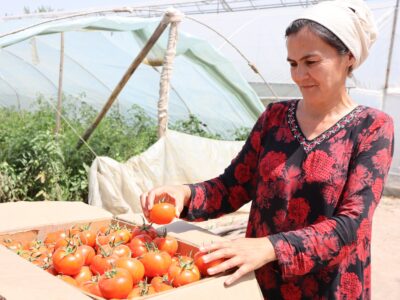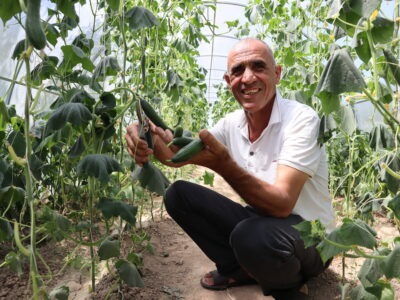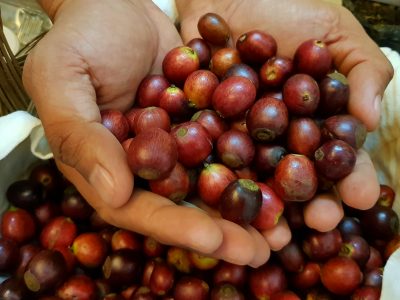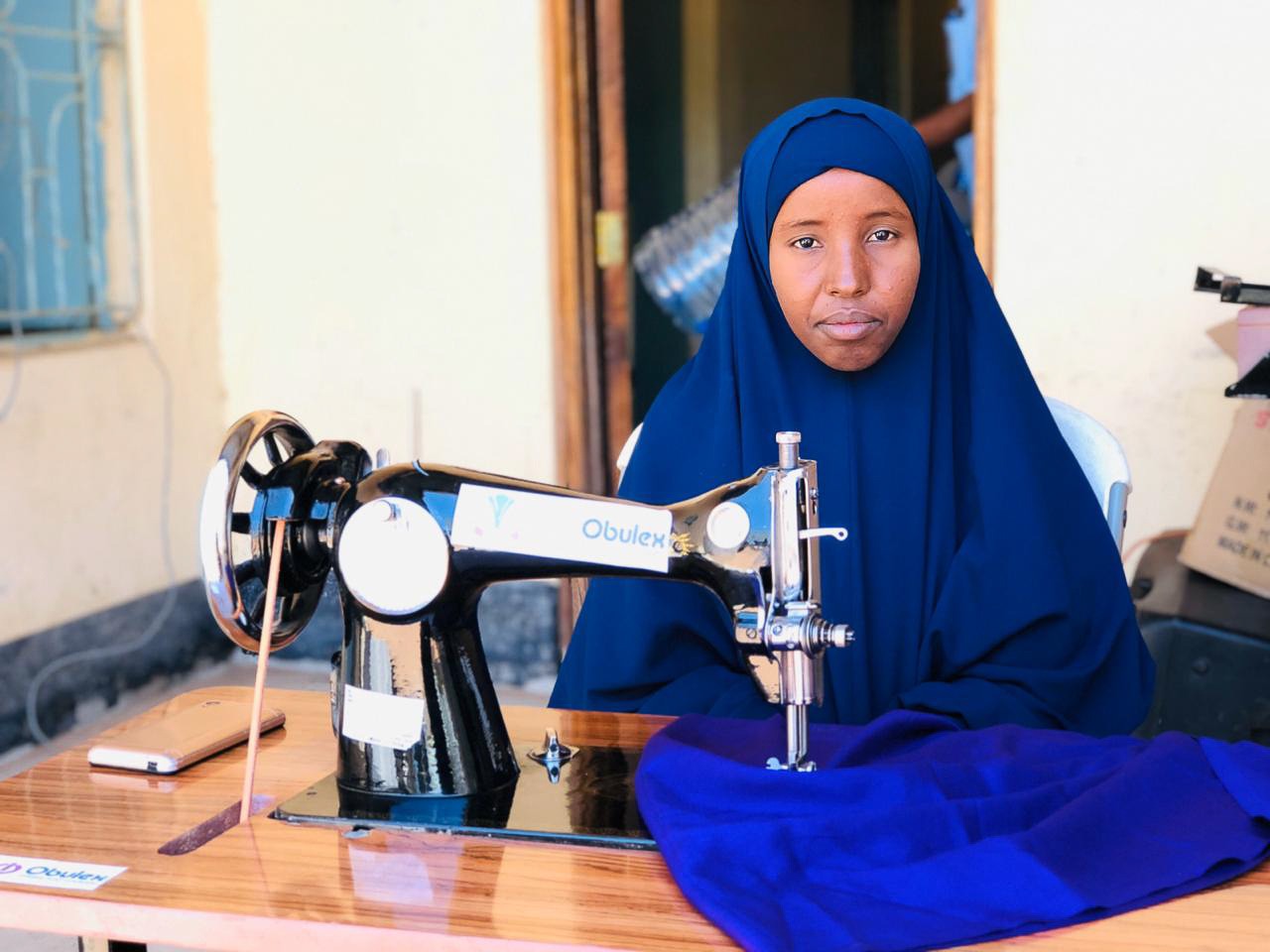
Ebla Bashir, 20, lives in the Goth-Rahma village of the hot and dry Ibra Urey Ward, located about 690 kilometers from Nairobi in Wajir South. Despite completing secondary school, Ebla still faced the barriers that prevent many young women from achieving their goals. “I have nine siblings and, as a result, I could not further my education,” Ebla said.
Due to the deeply ingrained cultural beliefs of the region, few girls have the chance to pursue higher education. Parents tend to prioritize education for boys, while girls stay at home to care for their siblings and sometimes their family’s cattle in the predominantly nomadic communities.
When Opportunity Knocks
In 2019, village elders in Ibra Urey, via the Wajir South Development Association (WASDA), encouraged girls to sign up for the Girls Improving Resilience Through Livelihoods (GIRL) Program. This nine-month program provides a safe space for girls ages 12 to 19 to learn basic literacy, numeracy, financial, and business development skills. Participants also learn life-saving information about menstrual hygiene, reproductive health, and nutrition. “When I heard about the program, I immediately signed up, as I knew it would be an opportunity to improve my life and that of the community around me,” Ebla said.
The GIRL Program is part of the Feed the Future Kenya Livestock Market Systems Activity (LMS), funded by USAID, in partnership with the Kenya-based NGO Wajir South Development Association.
“The program is important since it enables the girls to come out and work toward a similar objective of collective empowerment as they grow individually. The wider community will benefit since women will be economically and socially developed and, in turn, help their households overcome poverty.”
Ebla Bashir, age 20, a GIRL Program participant
Its first cohort of 750 participants teamed up to form their own savings groups. Ebla and 24 other girls began pooling their resources with the vision of one day opening a clothing business together. After completing the program in late 2019, Ebla had the chance to pursue higher education. She was one of nine graduates supported by the partnership between LMS and the Kenya Red Cross to pursue technical training at Wajir Polytechnic in January 2020. “I was happy to get this opportunity to pursue higher learning and to achieve my dream of becoming a certified professional tailor,” Ebla said.
Overcoming school closures
However, when the COVID-19 pandemic reached Kenya, Wajir Polytechnic had to close its doors. Forced to return home, Ebla decided to apply what she had learned in school to work alongside tailors in Wajir town.
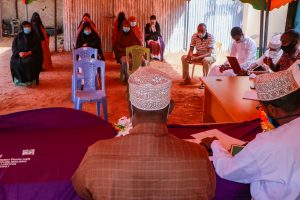
Months later, in August 2020, the company Obulex Business Solution Limited donated 10 sewing machines to the GIRL Program, which, along with WASDA, helps connect graduates to the private sector. The handover ceremony drew guests from the national and county governments, including Wajir County Secretary Abdullahi Maalim Hassan, who encouraged Wajir’s Department of Education and Technical and Vocational Education and Training institutions to get involved in the empowerment of women and girls. Ha lauded LMS’s efforts empowering the young women and reiterated the County Government’s full support in helping them in whatever way they can.
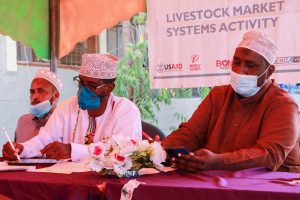
Since receiving support and new equipment, Ebla and her peers are on a transition pathway out of poverty. “I will help my group generate income through the skills I have learned,” Ebla said. “The sewing machine will also facilitate me in bringing seamstress services closer to the people in my ward, enabling them to enjoy the service at a cheaper price.”
Participants of the GIRL Program receive continuous support. Program officers not only check on them regularly but also provide them with sewing thread to help reduce overhead costs for their budding businesses.
The Feed the Future Kenya Livestock Market Systems Activity is a USAID-funded program implemented by ACDI/VOCA, in coordination with partners Mercy Corps, Smart Regional Consultants, and the BOMA Project. Under the Activity’s Strengthening Community Capacities for Resilience and Growth Award, Mercy Corps seeks to reduce global hunger, malnutrition, and poverty through inclusive and sustainable agriculture-led growth as well as the improved resilience and nutritional status of the population. Through its Girls Improving Resilience Through Livelihoods (GIRL) Program, which spans Turkana, Marsabit, Isiolo, Wajir, and Garissa counties, 8,577 adolescent girls have completed “safe space” training. The program has also disbursed USD 5,987 in grants for small business loans or school fees at secondary or technical institutes. The Activity also works with county governments to advise and craft policies empowering women and girls.

